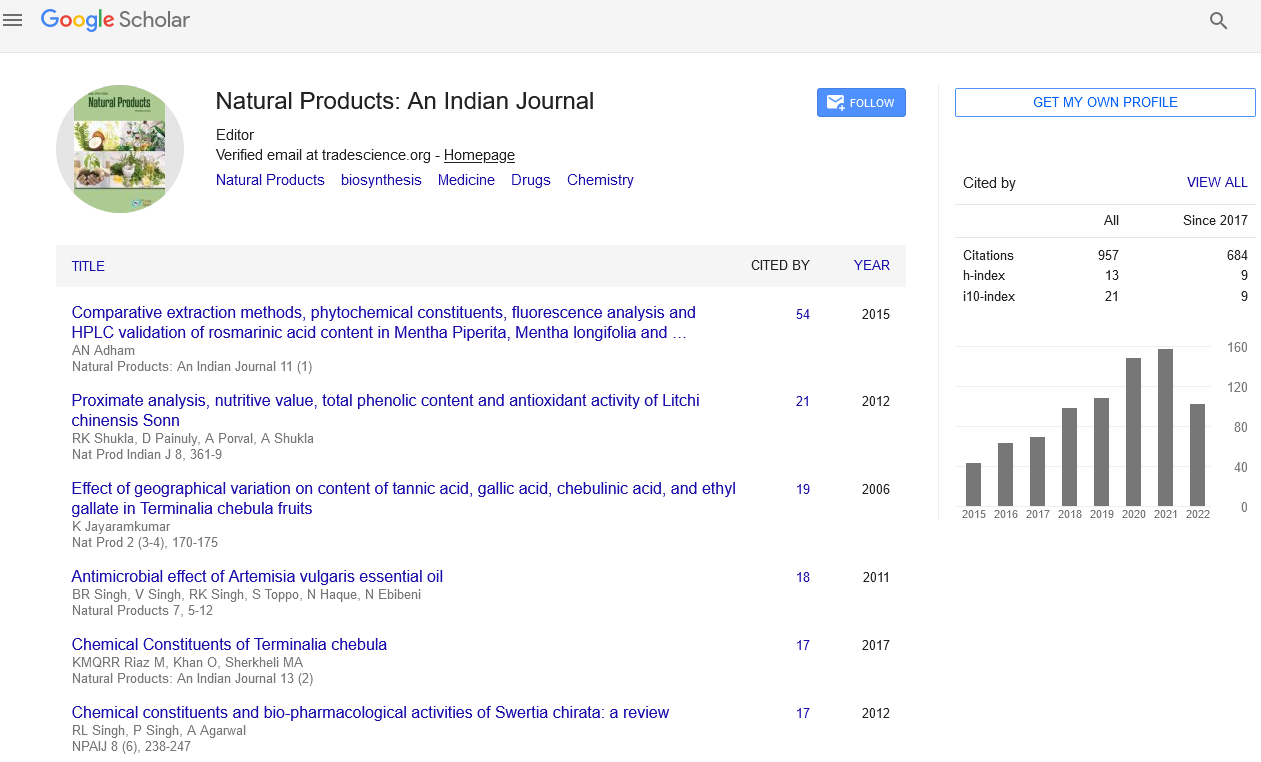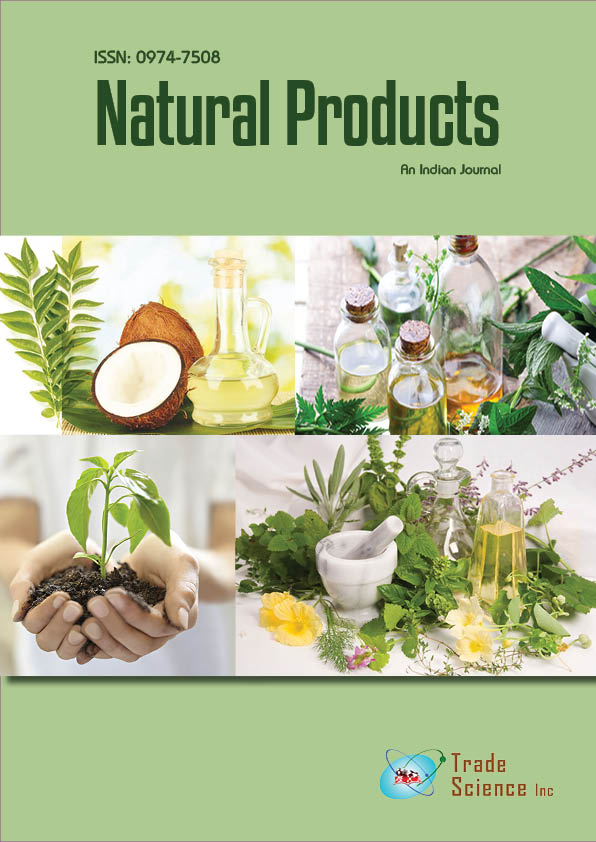Abstract
Effect of Sodium Chloride and Incision on the Chicken Pepsin Coagulant Activity Extracted from Proventriculus, Dried Under Partial Vacuum
Author(s): Benyahia-Krid Férial AzizaThis Rennet covers only 30% of the world's cheese production because the availability of calf stomach becomes limited (FAO, 2016). This lack has suggested the search for animal, vegetable or microbial enzyme substitutes. Among the alternative animal enzymes, chicken pepsin. In order to study the chicken pepsin stability over time, chicken proventriculus, whole or incised into four parts or incised into slices, without or with salt addition distributed into six different lots, were dried under partial vacuum (47°C, 800 mbar).
The effects of the incision or not, as well as the addition or not of salt, and storage time of dried proventriculus, on the coagulant activity of pepsin extracts (expressed in equivalents Rennet Units) were studied. The six batches pepsin residual activities determined immediately after drying operation expressed the relative yield in the fresh state before storage. They were between 50% for proventriculus cut into four parts without salt addition and 18% for proventriculus with salt addition. After 54 days of storage, the residual activity was relatively distinct for proventriculus cut into four parts without salt addition : 35.5% and for the proventriculus incised into slices with salt addition of 4.7%. Salt seemed to have caused a great loss of activity during salting. In addition, the incision effect combined to salt addition showed a remarkable loss of activity. During the storage period, the pepsin residual coagulant activity showed better stability of partially vacuum-dried proventriculus cut into four parts and unsalted.
Ðe increase in the production and consumption of cheese in the world, on the one hand, and the impossibility of simultaneously increasing the production of rennet on the other, have caused a global supply shortage of this coagulant. Ðese problems are aggravated especially in Muslim countries, for religious reasons, due to the rituals of slaughter. Algeria is no exception. According to the National 2Ù¹ce of Statistics (ONS), in 2015, Algerian cheese factories imported approximately 2.25 tons of rennet and / or substitutes, for approximately $ 200,000. According to the same source, nearly 50 000 tons of cheese were sold on the Algerian market, ie a consumption of 1.2 kg / inhabitant / year in 2015 against 0.7 in 2011. Faced to this situation, research on rennet substitutes from dLÙ?Ù´erent origins were considered

